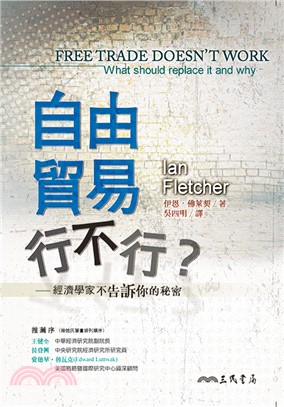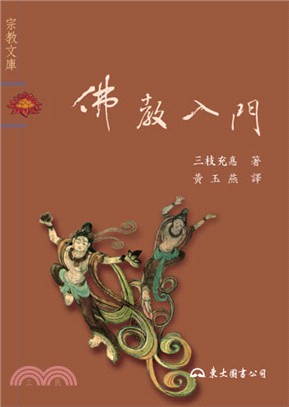Against Values: How to Talk about the Good in a Postliberal Era
商品資訊
定價
:NT$ 6655 元優惠價
:90 折 5990 元
若需訂購本書,請電洽客服 02-25006600[分機130、131]。
相關商品
商品簡介
商品簡介
This is a book for our political moment. As Doug Schoen (The End of Authority, Rowman & Littlefield, 2013) warned us nearly a decade ago, we are facing a wholesale lack of trust in our institutions. This problem has deep roots within liberalism, and it cannot be solved by tweaking the liberal paradigm, in which different conceptions of the good exclude each other as well as a nonexclusive common good. The essence of liberalism is contained in the language of "values," which in politics serves as wedges to divide people, as Jo Ren嶪 Formicola has shown (The Politics of Values, Rowman & Littlefield, 2008). Scholars are beginning to imagine a postliberal paradigm, preeminently John Milbank and Adrian Pabst in their Politics of Virtue (Rowman & Littlefield, 2016). The liberal approach is nearing its end, yet at the moment its tentacles seem impossible to escape. In no small part this because its assumptions are embedded in our political language, in the language of "values," as well as terms like "morality," "sovereignty," and "secular." Only a thoroughgoing survey, reaching back to the early modern era, can uncover the nature of liberalism's basic assumptions and diagnose its breakdown. This book therefore complements and grounds critiques of liberalism such as Patrick Deneen's Why Liberalism Failed (2018). This book does so by questioning values language, building on Edward Andrew's The Genealogy of Values (Rowman & Littlefield, 1995), the only monograph on the topic in English. Central to liberalism is a denial of a good that is qualitatively superior to individual interest: individuals disagree about the good - they have different values - and the state protects us from fighting each other. By contrast, a postliberal political philosophy is able to understand the common good as friendship and social trust, which are built up by loyalty. The pursuit of "values" and of "morality" in liberalism actually distorts and harms the common good as friendship: if I am loyal to certain impersonal "values," that means I am not loyal to you. Political thinkers have, however, systematically ignored the phenomenon of friendship over the past five hundred years. No other book on liberalism connects so many dots. The target audience is graduate students and scholars. Topics covered along the way in this work include the shortcomings of the concept of "sovereignty" and the invention of "morality" as its supplement, the inappropriateness of the distinction between the empirical and the transcendental, the true nature of the secular and the sacred, the necessarily symbolic expression of the common good, and the false conceptualization of "religion" and politics.
主題書展
更多
主題書展
更多書展本週66折
您曾經瀏覽過的商品
購物須知
外文書商品之書封,為出版社提供之樣本。實際出貨商品,以出版社所提供之現有版本為主。部份書籍,因出版社供應狀況特殊,匯率將依實際狀況做調整。
無庫存之商品,在您完成訂單程序之後,將以空運的方式為你下單調貨。為了縮短等待的時間,建議您將外文書與其他商品分開下單,以獲得最快的取貨速度,平均調貨時間為1~2個月。
為了保護您的權益,「三民網路書店」提供會員七日商品鑑賞期(收到商品為起始日)。
若要辦理退貨,請在商品鑑賞期內寄回,且商品必須是全新狀態與完整包裝(商品、附件、發票、隨貨贈品等)否則恕不接受退貨。
























